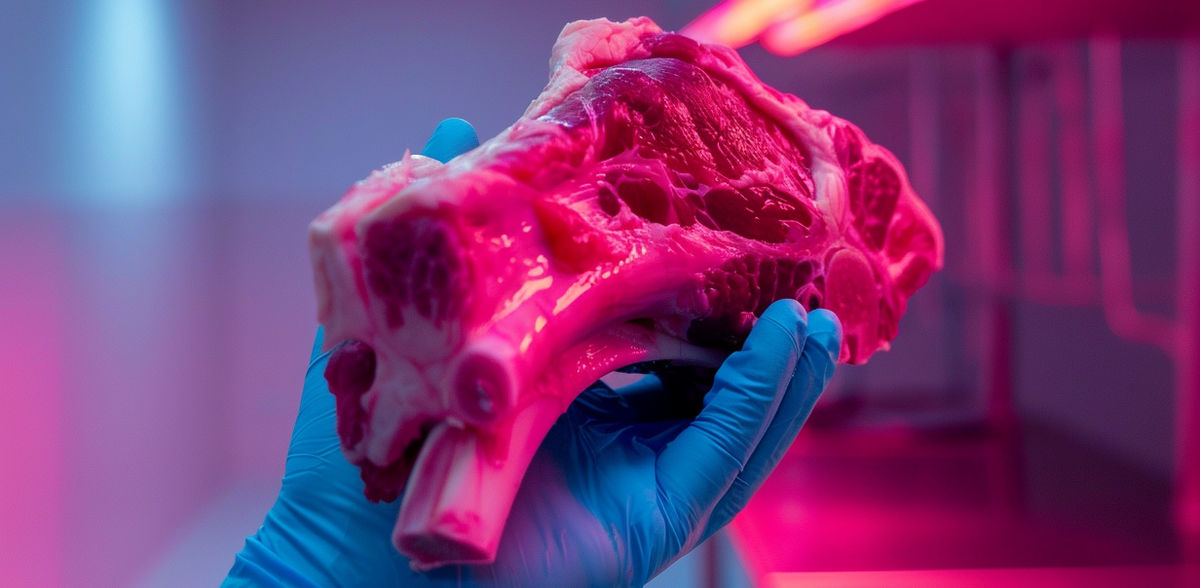Morals are key to consumer views on lab-grown meat, study finds
People’s moral values could limit their uptake of lab-grown meat, a study suggests.
Advertisement
People who say living a natural life is morally important to them are more likely to reject lab-grown meat – also known as cultured or cultivated meat – than those who do not, research shows.
The study of people’s moral values and their attitudes to meat that is grown from animal cells as an alternative to animal farming found that those who reported caring more about the moral value of purity were less likely to believe that cultured meat was good, and more likely to consider it to be unnatural.
Surprisingly, the moral value of not doing harm to people or things was not consistently linked to whether people were positive or negative about cultured meat, which is often marketed as an ethical alternative to farmed meat.
Researchers say the findings help understand the feelings and ethical questions which might cause people to push back against lab-grown meat – an emerging industry estimated to be worth US$3.1 billion.
Researchers at the Universities of Edinburgh, Queensland, Australia and the Australian National University (ANU) surveyed more than 1800 adults in the US and Germany about their perceptions and attitudes towards cultured meat and their moral values overall.
They used a social psychology approach to assess individuals’ moral values in terms of five categories: preventing suffering or care, acting reciprocally or fair, loyalty to a group, respecting hierarchies and authority, and behaving purely.
They used questionnaires and statistical models to assess the extent to which the moral values could predict attitudes to cultured meat, which is grown from animal cells in laboratories with several companies ramping up for larger production in factories.
The findings show that beyond the regulatory challenges facing the developing cultured meat sector, some consumer attitudes may have to be overcome if it is to be widely accepted. Researchers found those who endorsed the moral value of purity were more likely to have negative views towards cultured meat than those who did not.
This was the case even when factors such as a person’s socio-economic status, political views and age were taken into account.
Researchers say the findings highlight the role of emotion and moral values in the rejection of cultured meat, which is currently licensed for consumption only in selected countries.
Dr Matti Wilks, of the University of Edinburgh’s School of Philosophy, Psychology and Language Sciences, said: “Cultured meat is promoted as a potential way to address some of the ethical and environmental concerns associated with factory farming. This research offers a first step towards understanding which moral values could underpin attitudes towards cultured meat, and what feelings or ethical concerns might turn people away from it.”
The study is published in the journal Appetite.


























































